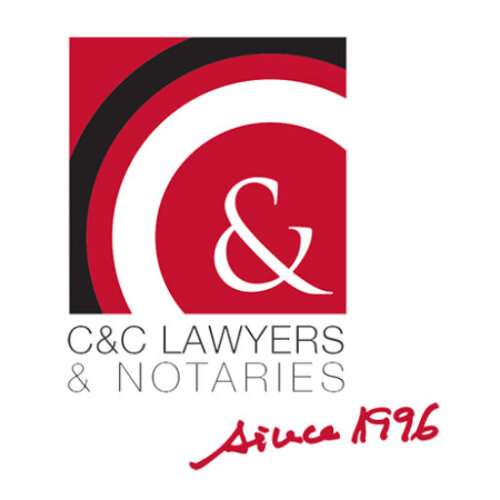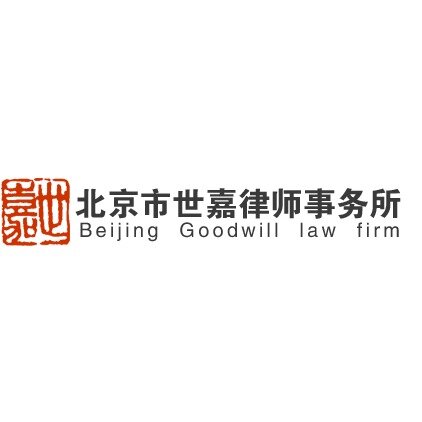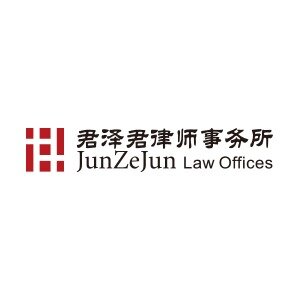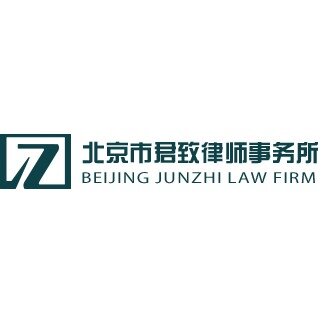Best Landlord & Tenant Lawyers in Beijing
Share your needs with us, get contacted by law firms.
Free. Takes 2 min.
Free Guide to Hiring a Real Estate Lawyer
List of the best lawyers in Beijing, China
About Landlord & Tenant Law in Beijing, China
Landlord & Tenant Law in Beijing, China, is primarily governed by national laws, local statutes, and municipal regulations that dictate the terms and conditions of rental agreements, the rights, and responsibilities of both landlords and tenants, and the procedures for resolving disputes. Significant legislation includes the "PRC Contract Law," the "PRC Urban Real Estate Administration Law," and the local regulations issued by the Beijing Municipal Government. These laws are designed to balance the interests of both parties while maintaining a fair and orderly rental market.
Why You May Need a Lawyer
There are several common situations in the field of Landlord & Tenant where legal assistance might be necessary. These include disagreements over the terms of a lease, disputes about the condition of a rental property, eviction proceedings, security deposit conflicts, or issues related to rent increases. A lawyer can provide advice on your legal rights, help negotiate with the other party, and represent you in court if necessary.
Local Laws Overview
Key aspects of local laws relevant to Landlord & Tenant in Beijing include the requirement for a written lease, the protection against arbitrary eviction, rules governing security deposits, the regulation of rental increases, and the maintenance of rental properties. Landlords are required to register rental contracts with local authorities, and both parties must adhere to relevant housing safety standards. Local laws also stipulate procedures for dispute resolution, often starting with mediation, followed by arbitration or litigation if necessary.
Frequently Asked Questions
What legal documents should I have as a tenant in Beijing?
As a tenant, you should have a written rental agreement, a receipt for any security deposit you pay, and records of all rental payments. You may also need to provide personal identification documents when entering into a rental contract.
Can landlords increase rent at any time?
No, landlords in Beijing must adhere to the terms of the rental agreement and local regulations concerning rent increases. Typically, there may be conditions or notice periods that must be met before any increase.
How much security deposit can landlords charge?
The amount of a security deposit is not strictly limited by national law but is usually equivalent to one or two months' rent. Local practice in Beijing would generally follow this custom, but specifics should be stipulated in the rental agreement.
What rights do I have if my landlord wants to evict me?
Tenants are protected against arbitrary eviction in Beijing. Landlords must have a just cause and follow legal procedures, including providing the tenant with due notice as specified in the rental agreement and local laws.
What should I do if there are necessary repairs in the rental property?
Report necessary repairs to your landlord in writing. The lease agreement and local laws typically dictate responsibility for repairs, but the landlord generally is responsible for maintaining the property in a habitable state.
Can I sublet my rental unit?
Subletting is subject to the terms of your rental agreement. In most cases, you will need the landlord's consent to sublet the property, and it may be subject to additional conditions.
What can I do if my landlord is not following the terms of our agreement?
If your landlord is not following the terms of the agreement, you may negotiate directly, seek mediation, or, as a last resort, take legal action through the courts or relevant tribunals.
How do I get my security deposit back?
Your security deposit should be returned upon the termination of the rental agreement, minus any deductions for damage beyond normal wear and tear. If there is a dispute, you may need to seek mediation or legal assistance.
Is it mandatory to register a rental contract in Beijing?
Yes, it is mandatory to register a rental contract with local housing authorities in Beijing, which provides legal protection for both the landlord and the tenant.
How long can a lease agreement be?
Lease agreements in Beijing can vary in length but are commonly set for one year. The length should be negotiated and explicitly stated in the rental contract.
Additional Resources
For those seeking legal advice on Landlord & Tenant matters in Beijing, resources include the Beijing Municipal Commission of Housing and Urban-Rural Development, local legal aid services, and tenant associations. Additionally, the China Consumers Association provides support on consumer rights, which can include tenant rights.
Next Steps
If you need legal assistance with Landlord & Tenant issues in Beijing, consider the following steps:
- Review your rental agreement to understand the terms and conditions.
- Gather all related documentation, including communication records with your landlord.
- Contact a lawyer who specializes in Landlord & Tenant law for an initial consultation.
- Explore alternative dispute resolution options like mediation before proceeding to litigation.
- Register your rental agreement with local authorities if you have not already done so.
Acting promptly and understanding your rights are key to effectively resolving Landlord & Tenant matters.
Lawzana helps you find the best lawyers and law firms in Beijing through a curated and pre-screened list of qualified legal professionals. Our platform offers rankings and detailed profiles of attorneys and law firms, allowing you to compare based on practice areas, including Landlord & Tenant, experience, and client feedback.
Each profile includes a description of the firm's areas of practice, client reviews, team members and partners, year of establishment, spoken languages, office locations, contact information, social media presence, and any published articles or resources. Most firms on our platform speak English and are experienced in both local and international legal matters.
Get a quote from top-rated law firms in Beijing, China — quickly, securely, and without unnecessary hassle.
Disclaimer:
The information provided on this page is for general informational purposes only and does not constitute legal advice. While we strive to ensure the accuracy and relevance of the content, legal information may change over time, and interpretations of the law can vary. You should always consult with a qualified legal professional for advice specific to your situation.
We disclaim all liability for actions taken or not taken based on the content of this page. If you believe any information is incorrect or outdated, please contact us, and we will review and update it where appropriate.














